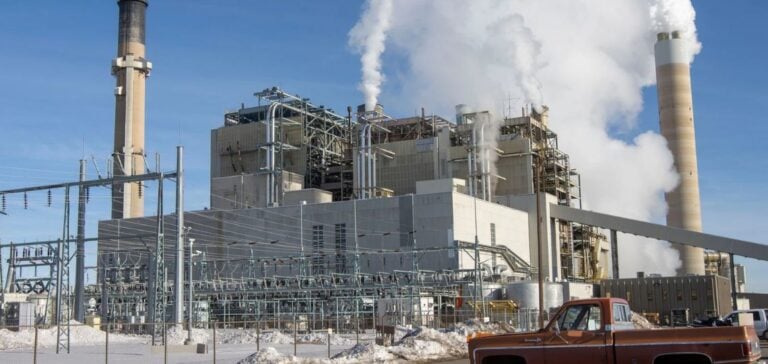Norsk Kjernekraft has obtained a letter of intent to purchase 250 acres of land in Kollsnes, owned by Rolv Svein Rougnø, to develop small modular nuclear power plants (SMRs). The site could potentially accommodate five SMR units, each producing 300 MWe, equivalent to 12.5 TWh annually – nearly 10% of Norway’s total electricity consumption.
Regulatory and community processes
A detailed report will be drawn up and submitted to the Ministry of Energy and Oil for evaluation. This report, after public consultation including the municipality, residents and industry, will serve as the basis for an impact assessment. Ministry approval is crucial to progress.
Commitments and collaborations
Norsk Kjernekraft, in collaboration with the energy industry, plans to prepare license applications in accordance with national and international regulations. They follow the International Atomic Energy Agency’s guidelines for milestones, with an emphasis on value creation from the earliest stages.
Strategic initiatives and partnerships
In 2023, Norsk Kjernekraft signed a letter of intent with TVO Nuclear Services to study the use of SMRs in Norway. They also proposed the construction of an SMR-based power plant in the municipalities of Aure and Heim. A new company, Halden Kjernekraft AS, was founded to explore the construction of a nuclear power plant at Halden, where a research reactor was once in operation.
With these initiatives, Norsk Kjernekraft is positioning itself as a pioneer in modular nuclear power in Norway, aiming to increase the country’s energy capacity while complying with strict environmental standards.





















